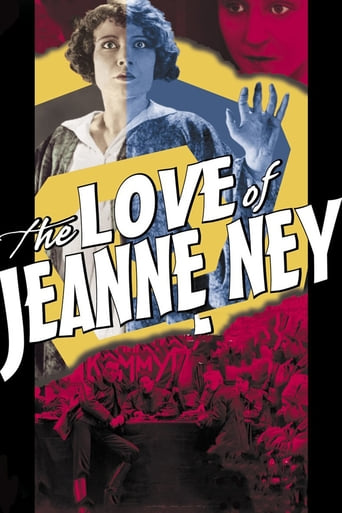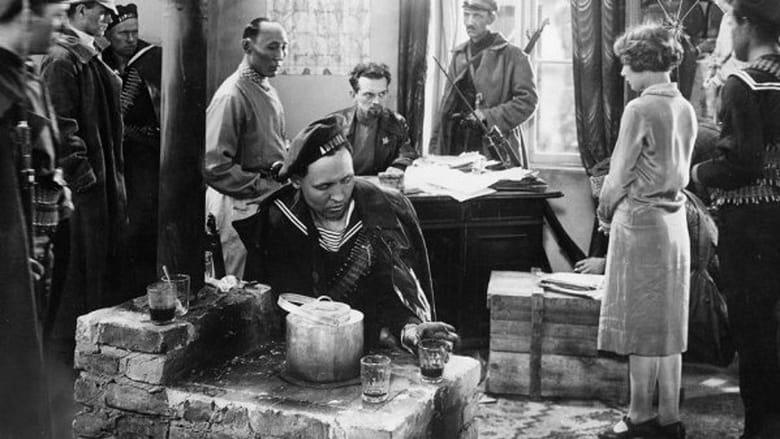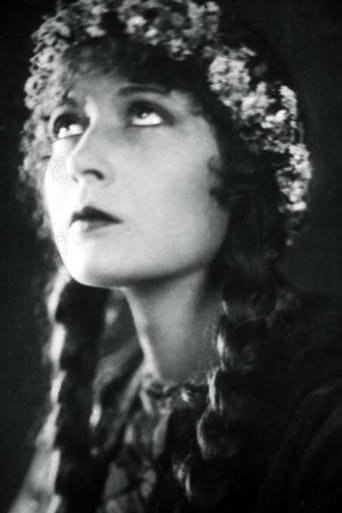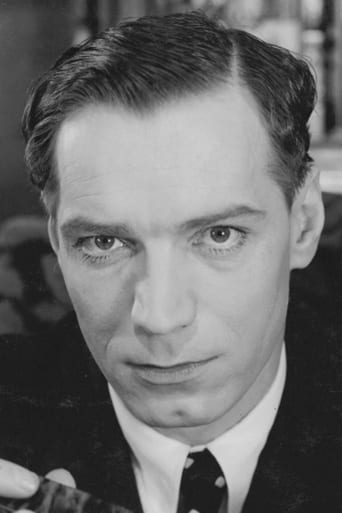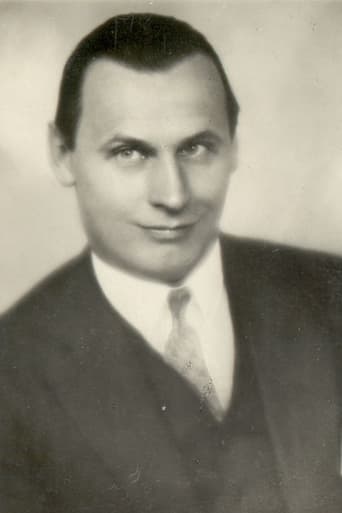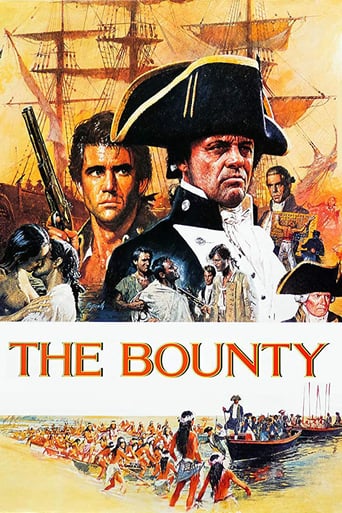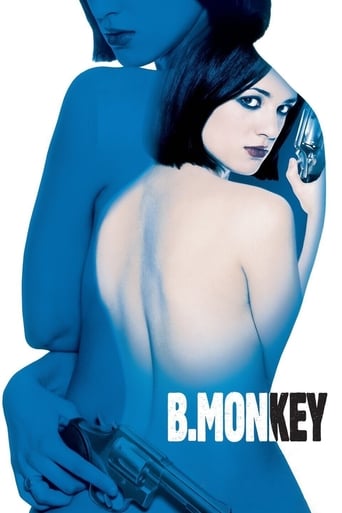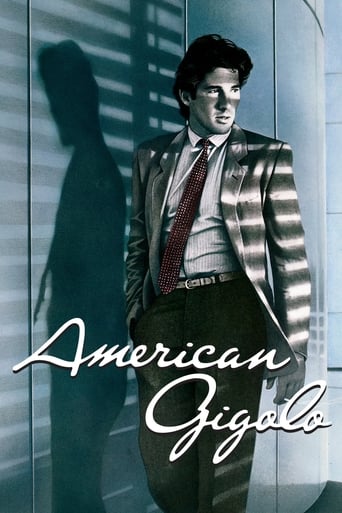The Love of Jeanne Ney (1927)
In the Crimea, the Reds and the Whites aren't done fighting, and Jeanne discovers that the man she loves is a Bolshevik (when he kills her father). Penniless, she returns to Paris where she works for her uncle. Soon after, her lover Andreas is in France to organize the sailors in Toulon. So also is a thief, traitor, and libertine, Khalibiev, who wants to seduce Jeanne. His schemes, Jeanne and Andreas's naivete, and a lost diamond bring the lovers to the brink of tragedy.
Watch Trailer
Free Trial Channels
Cast


Similar titles
Reviews
Wonderful character development!
SERIOUSLY. This is what the crap Hollywood still puts out?
Plot so thin, it passes unnoticed.
All that we are seeing on the screen is happening with real people, real action sequences in the background, forcing the eye to watch as if we were there.
An elaborate, lavishly produced and decidedly pre-code melodrama largely set in Paris (and which contains some wonderful location work), director G.W.Pabst's camera sweeps through this film in energetic pursuit of the many characters, convolutions and coincidences thrown up in his path by novelist Ilya Ehrenburg.Most of the supporting cast overact enjoyably outrageously; Fritz Rasp actually gets to twirl his moustache a few times as the villain, while Robert Scholz is wonderfully sneering as the chief of police who thinks he has the hero at his mercy. Quieter performances are offered by leads Édith Jéhanne and Uno Henning, and two actors to become familiar as Hollywood expats are Sig Arno as a reporter who recovers a stolen diamond by pulling a parrot's head off, and Vladimir Sokoloff (one of the very few bona fide Russians in the cast), who it's nice to see in a sympathetic role substantially larger than most of those he later played in Hollywood.
"Die Liebe der Jeanne Ney" or "The Love of Jeanne Nay" is a German film from 1927 and this is a year when sound films slowly became more relevant. But this one we have here is still silent and consequently also in black-and-white. It runs for 100 minutes roughly and was directed by Georg Wilhelm Pabst. Rudolf Leonhardt and (the more known) Ladislaus Vajda adapted a novel by Ilja Ehrenburg for the screen here. The lead actress is Édith Jéhanne and it is by far her most known portrayal. Her character was surprisingly short-lived compared to her co-star's Brigitte Helm for example and she also did not manage to make a transition into sound films. Overall, this is nowhere near Pabst's most or least known works, but the French background also shows that the filmmaker worked on movies that went way beyond Germany's borders. However, I also must say that this film here did not get me interested in any other of his works and most of the stuff I saw from him left me fairly unimpressed. Of course, the reason may be that I generally do not care about silent films too much, but still, looking at some of the films' IMDb rating (also this one) I expected better quality. I do not recommend Jeanny Ney as I did hardly care for the character at all. Thumbs down.
Like most films, The Love of Jeanne Ney is a melodrama, one of the right sort that absorbs you in the story. One hook is, or was, political, with a choice of sides in the Civil War in Russia, refined as support for workers in France, including Jeanne at her typewriter while her uncle does fancy deals. The lasting hook is the skill with which the film is made, particularly the handling of scenes on a train and outdoor scenes. These include lengthy tracking shots well edited together: the hero, running to keep up with an automobile, and especially a long walk through crowds in the market of Les Halles in Paris, which is Atget in motion. Without Pabst, no Renoir, no Altman.
Like Alfred Hitchcock, director G.W. Pabst's films have the feeling of having been created by someone with great technical ability. THE LOVE OF JENNY NEY (DIE LIBE DER JEANNE NEY, Germany, 1927)plays like one of the great Hitchcock films from the sound era. As the so called silent era came to an end the art of cinema seemed to burst into full flower. Look at Murnau's SUNRISE, Vidor's THE CROWD, Seastrom's THE WIND, De Mille's THE KING OF KINGS (to name a few) and it is easy to see why the artist of the day were reluctant to enter the world of "sound". The DVD version of THE LOVE OF JENNY NEY from Kino Video is truly beautiful to look at. The new orchestral score by Timothy Brock is excellent and very effective. Like many of Pabst's films, a little patience is required, as characters and situations only become clear as the story progresses. And this film plays like a classic Hitchcock film -- with innocent people getting deeper and deeper into a web of destruction. This is a film that is even more interesting to watch the second time around. And as noted above, it is truly a text book of what the silent cinema was capable of doing. Brigette Helm, who made such an impression in Fritz Lang's METROPOLIS, gives a moving performance as a blind girl pulled into the intrigue. Well worth adding to your collection if you care for great cinema!

